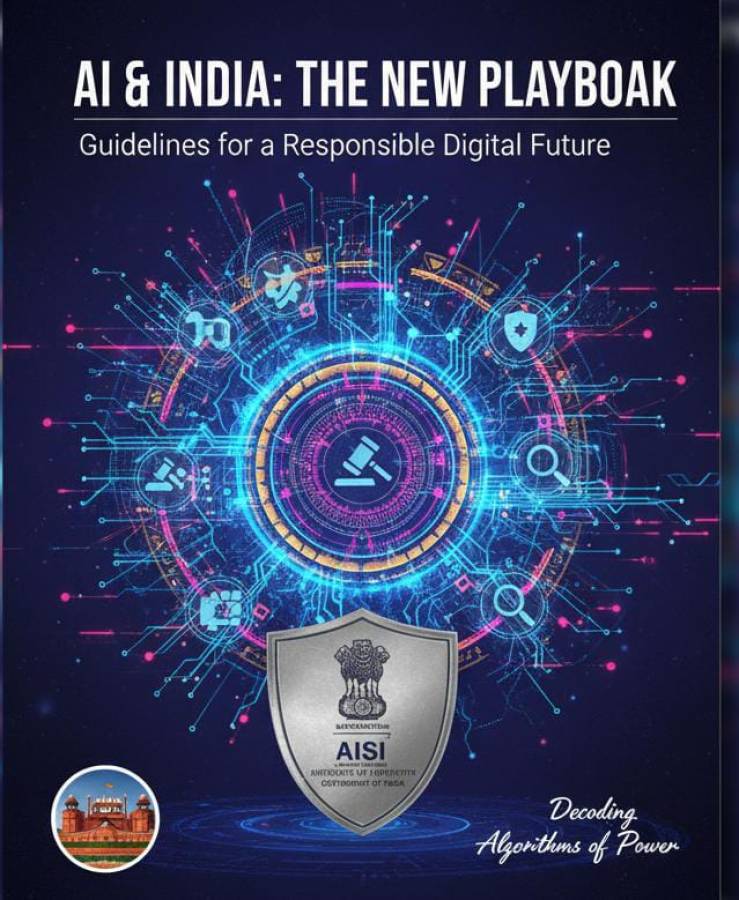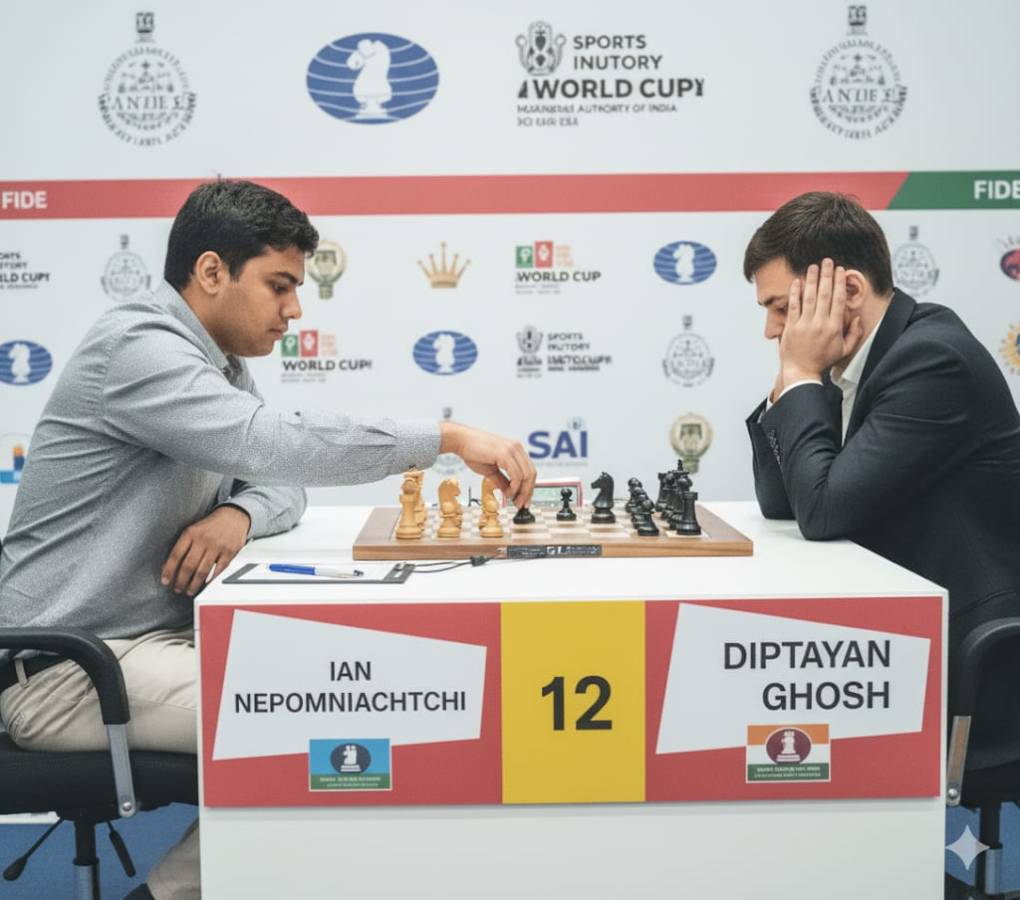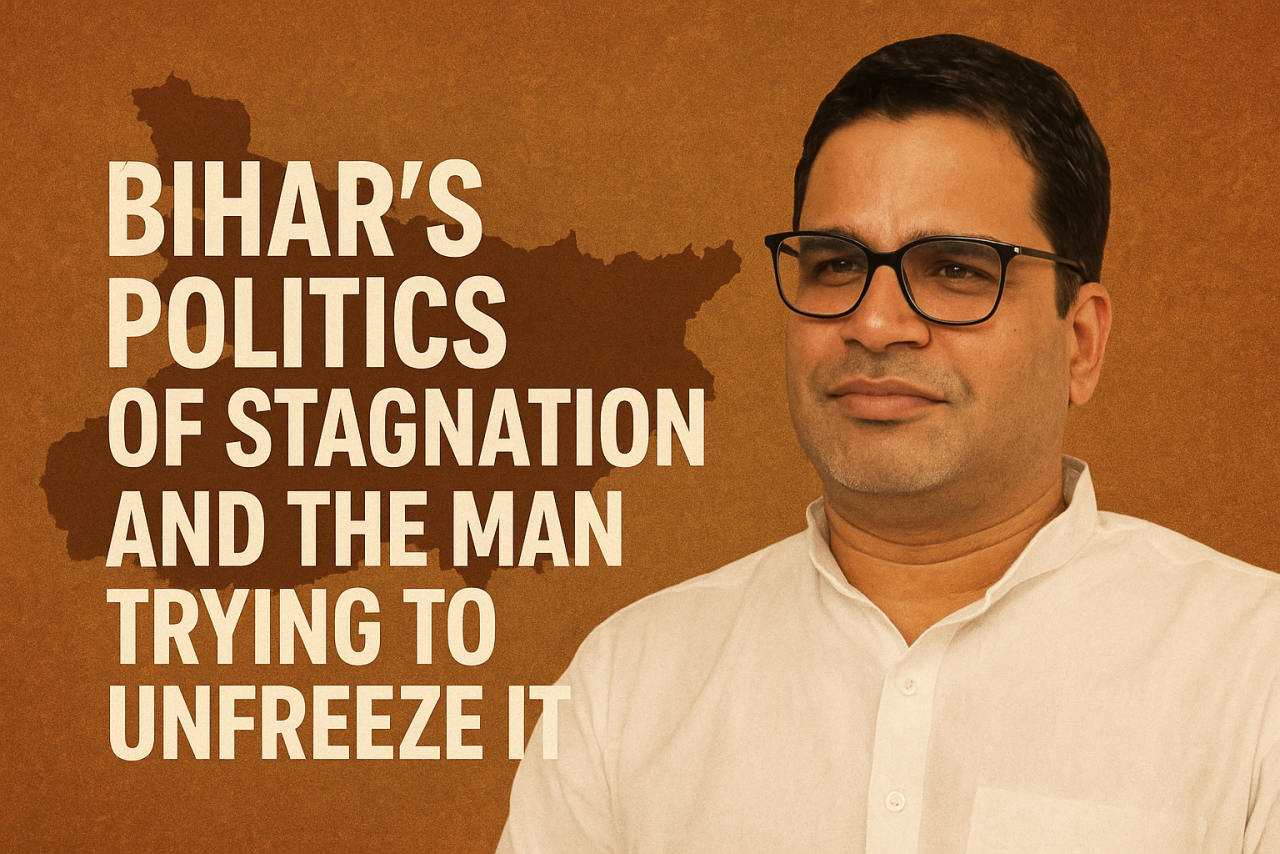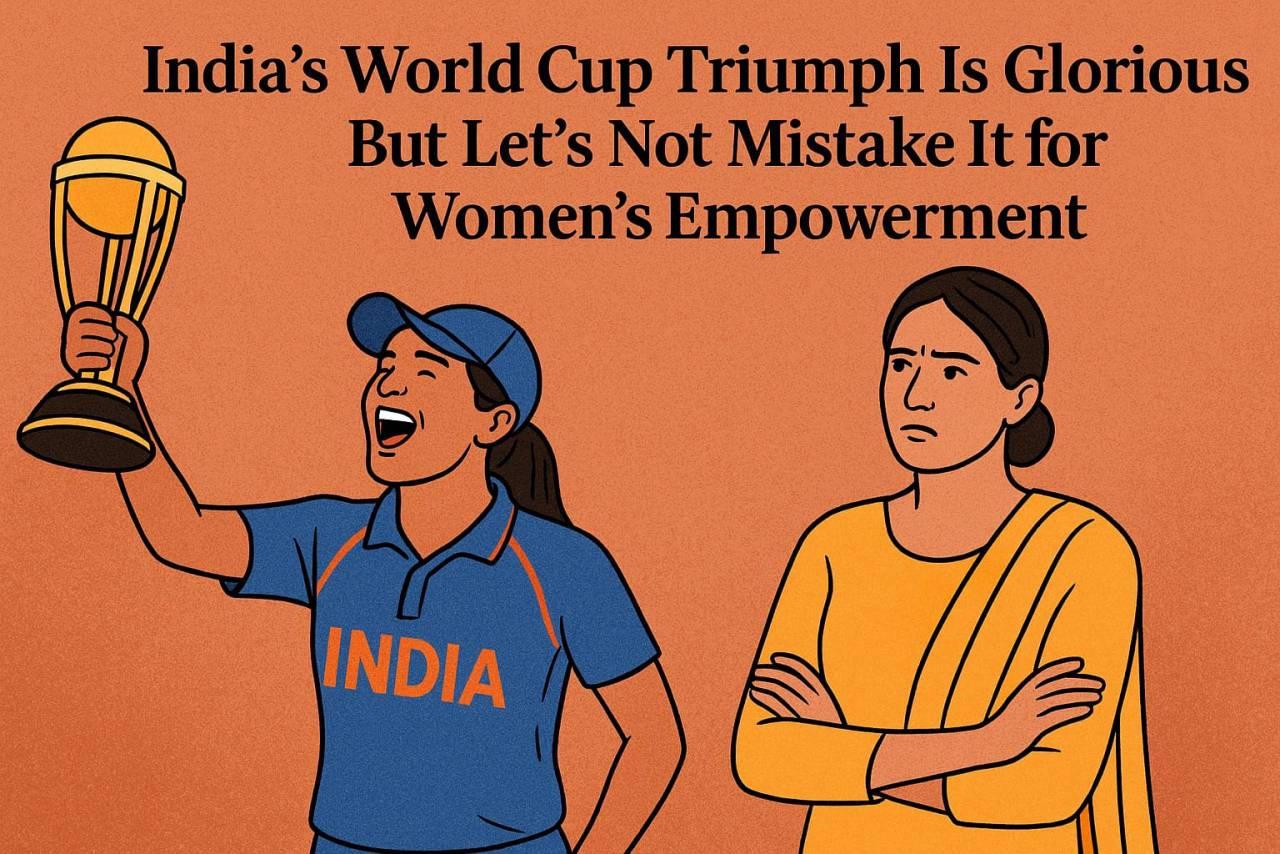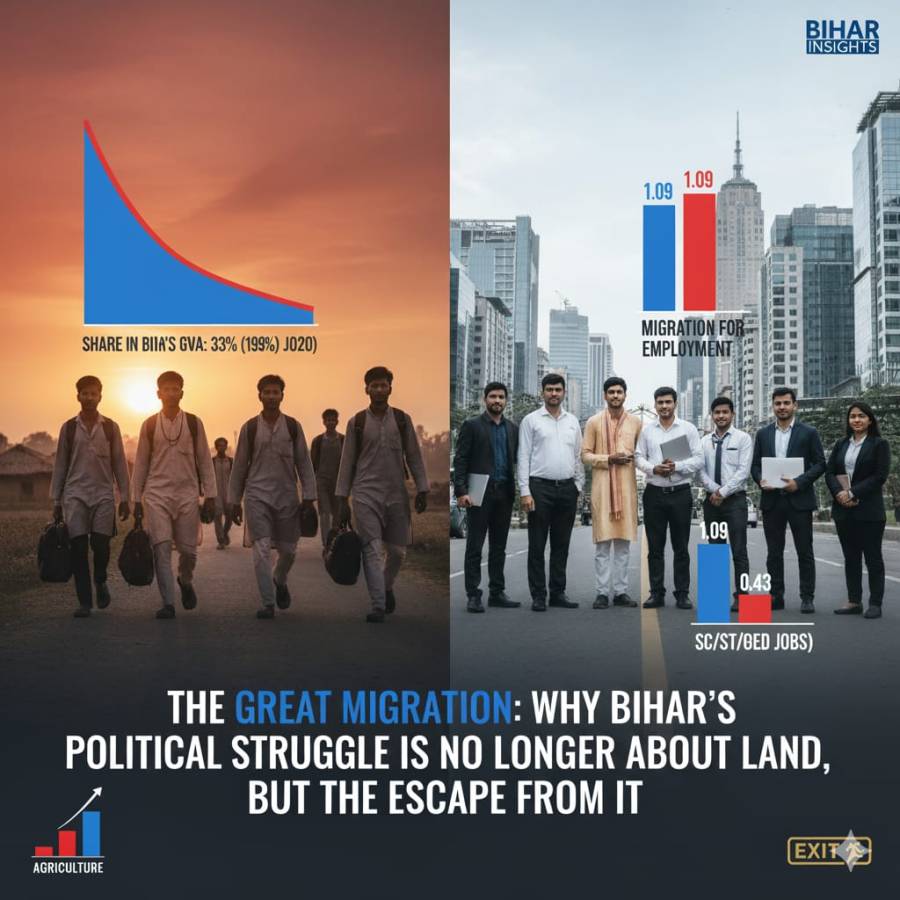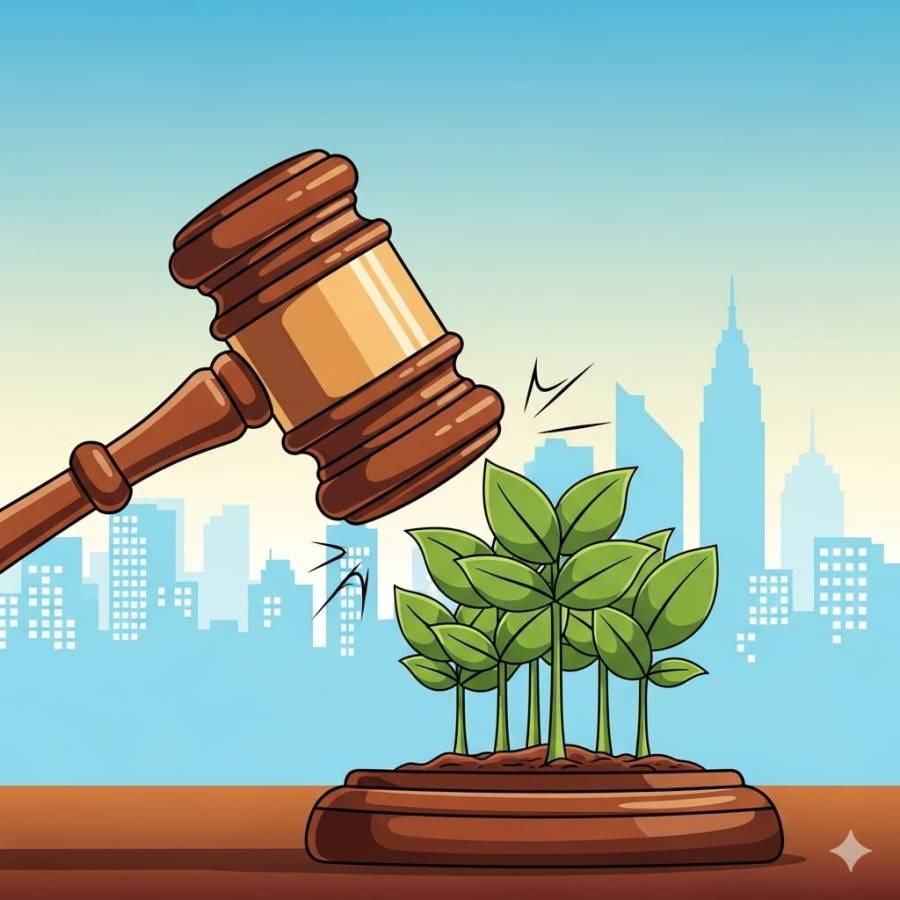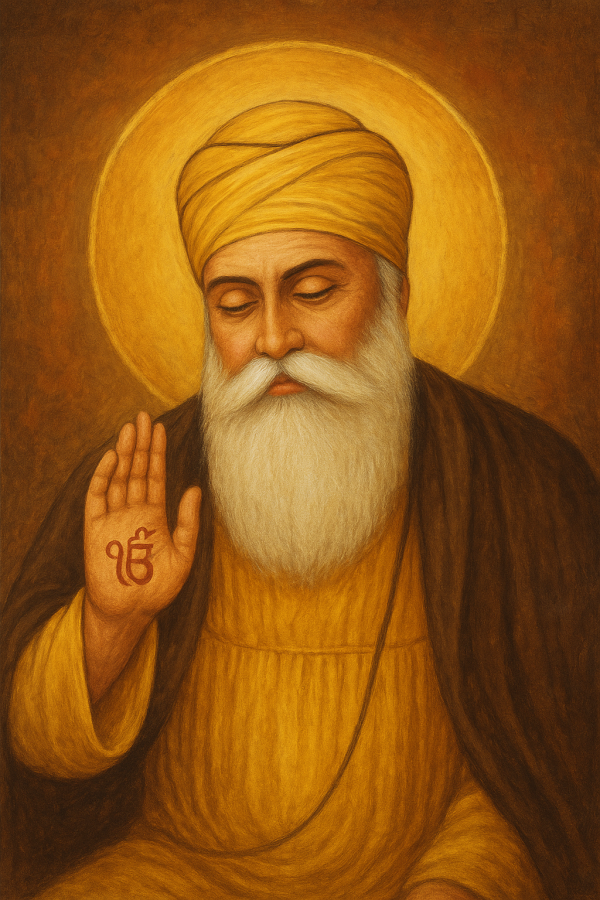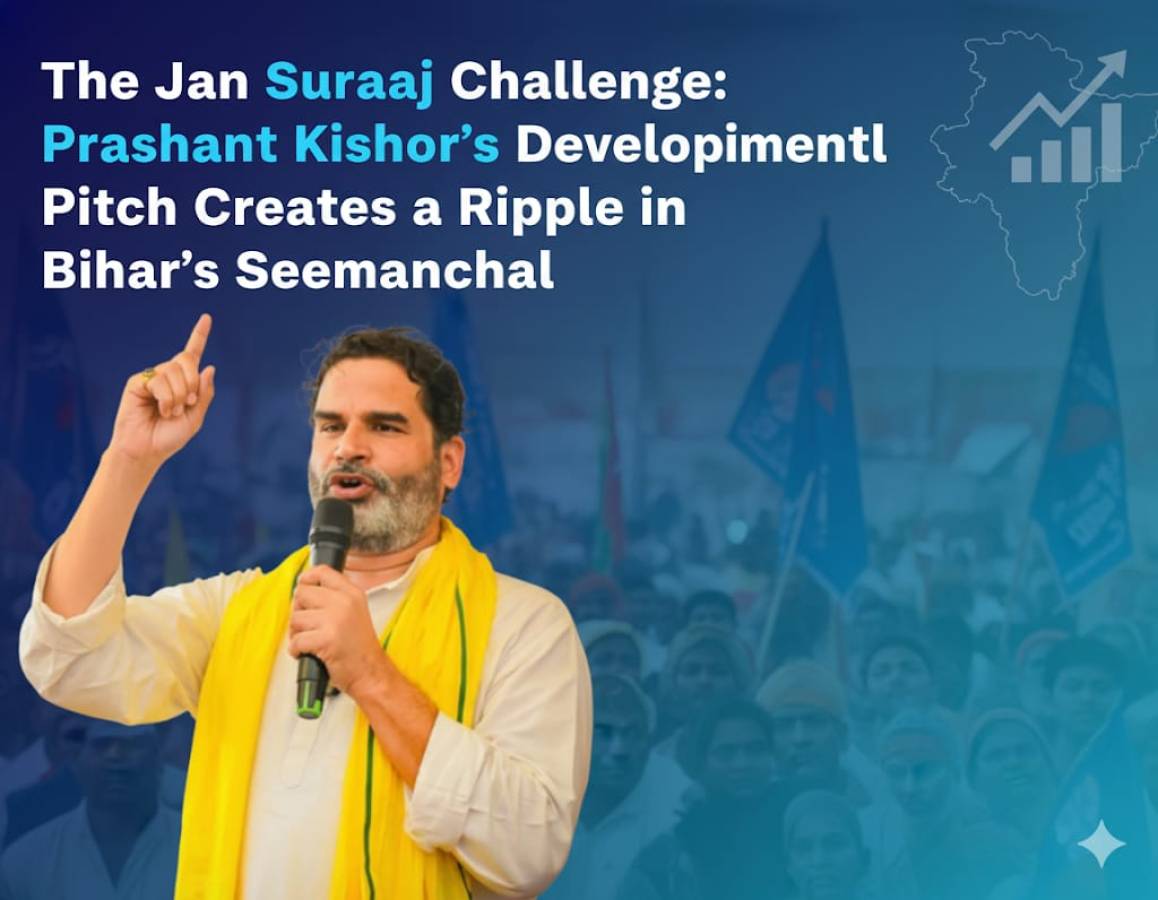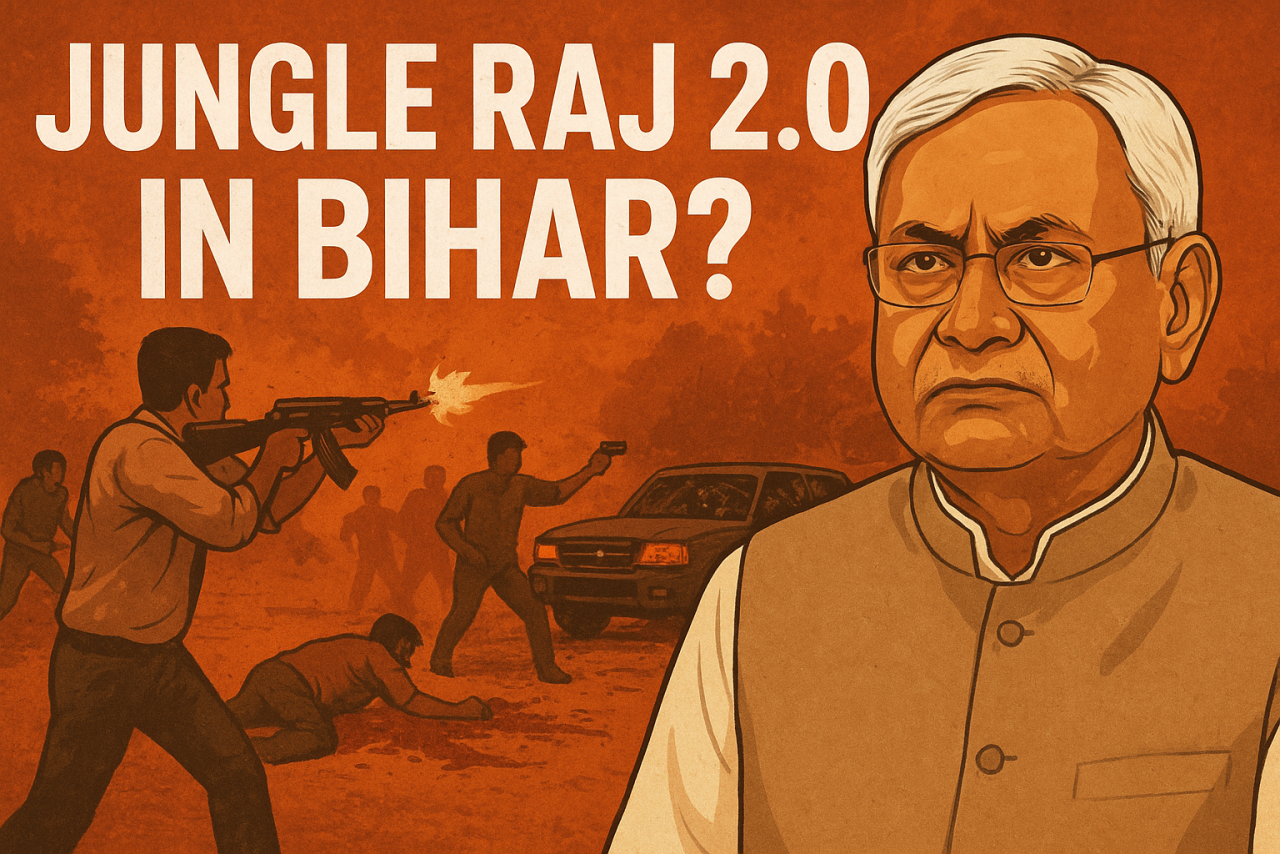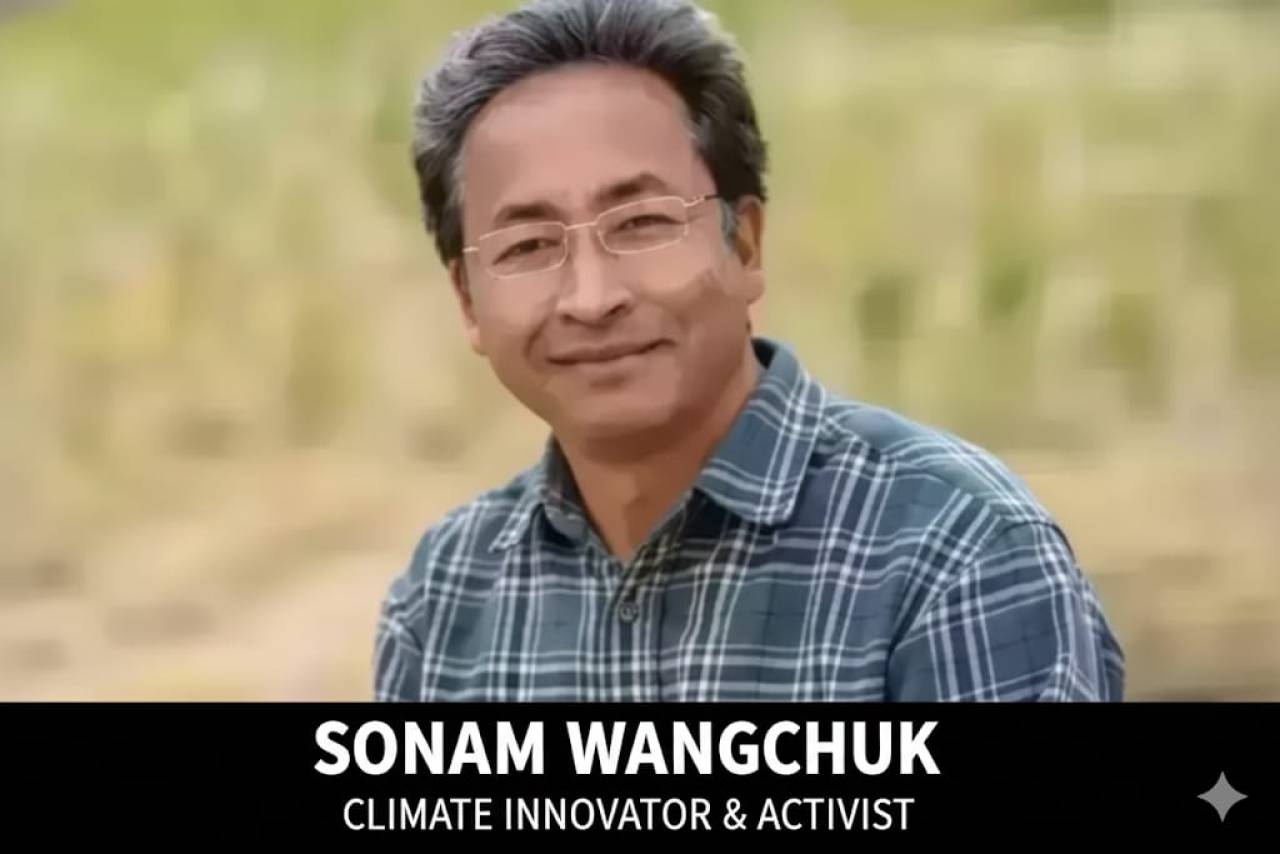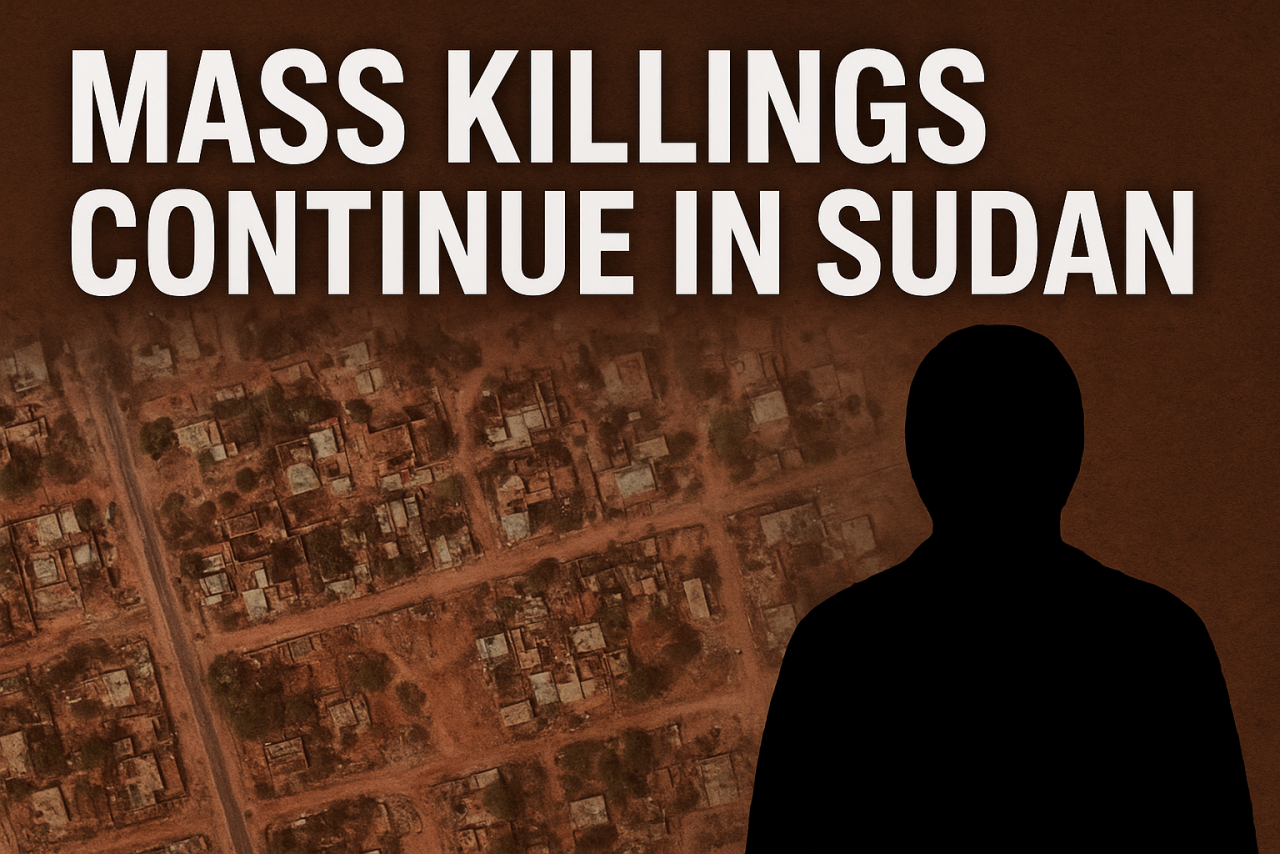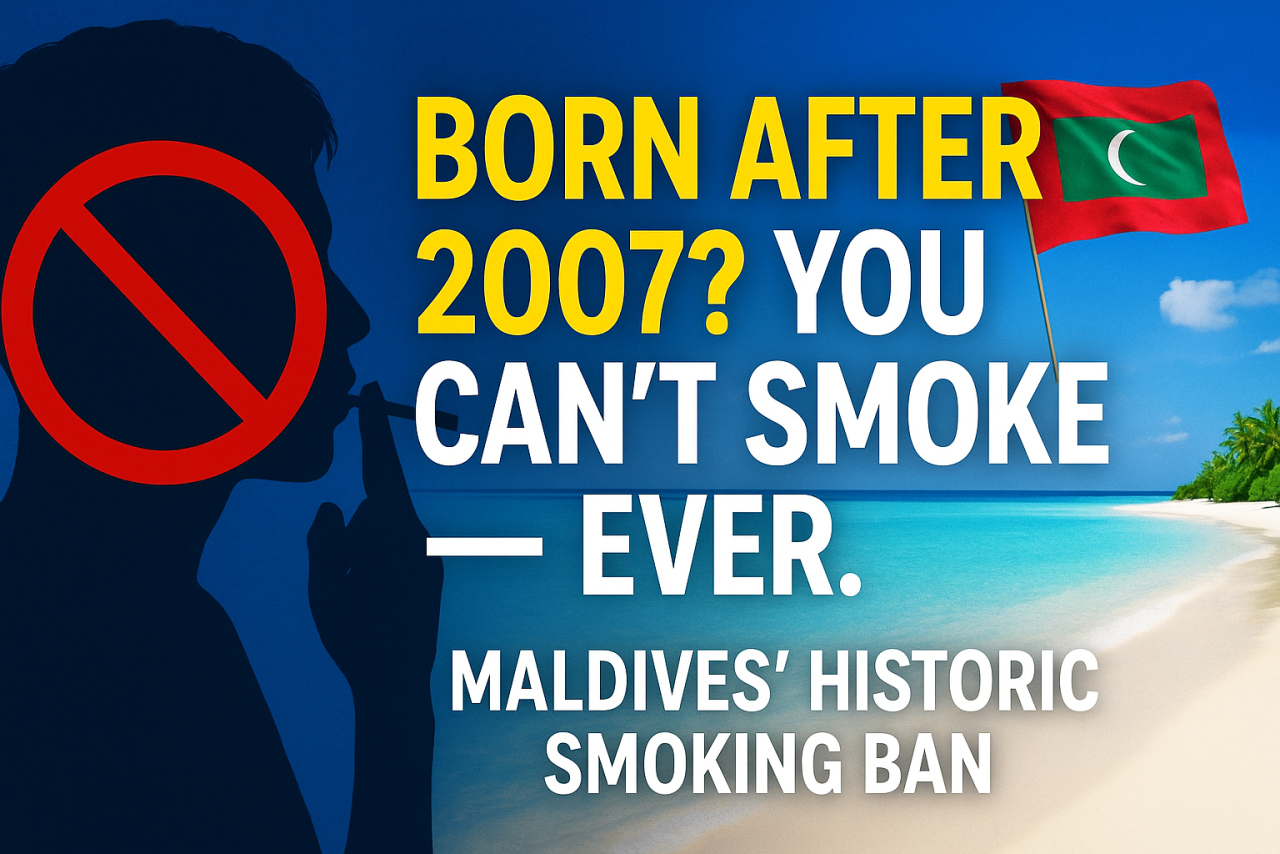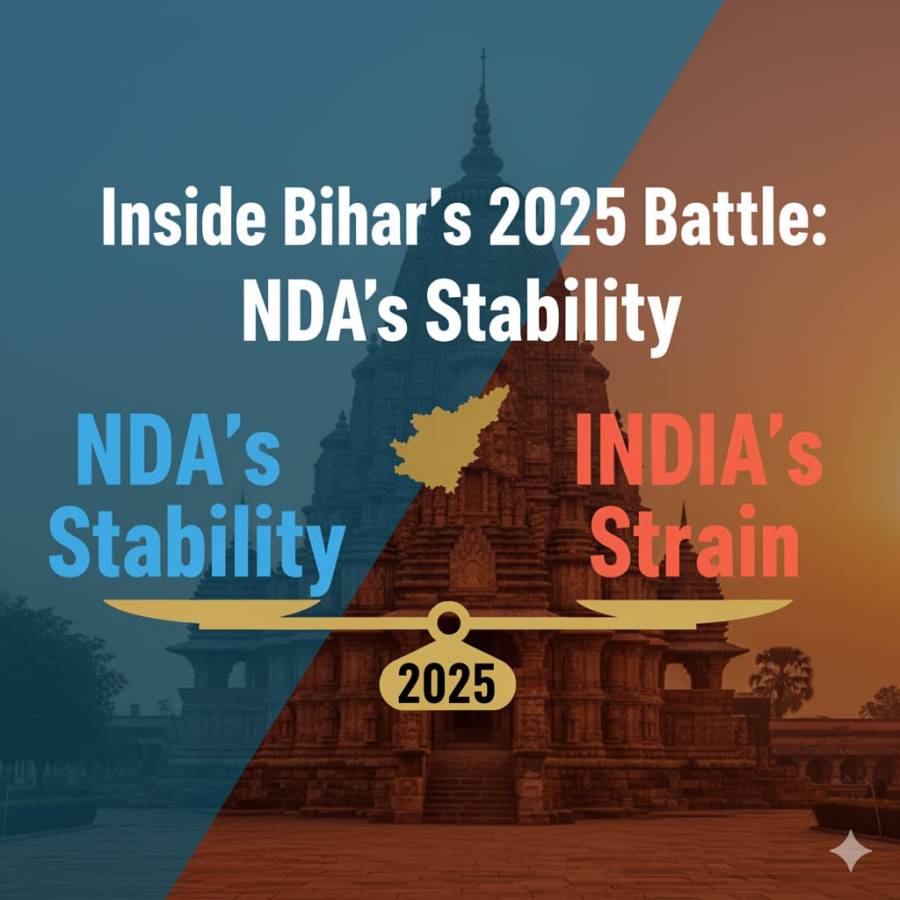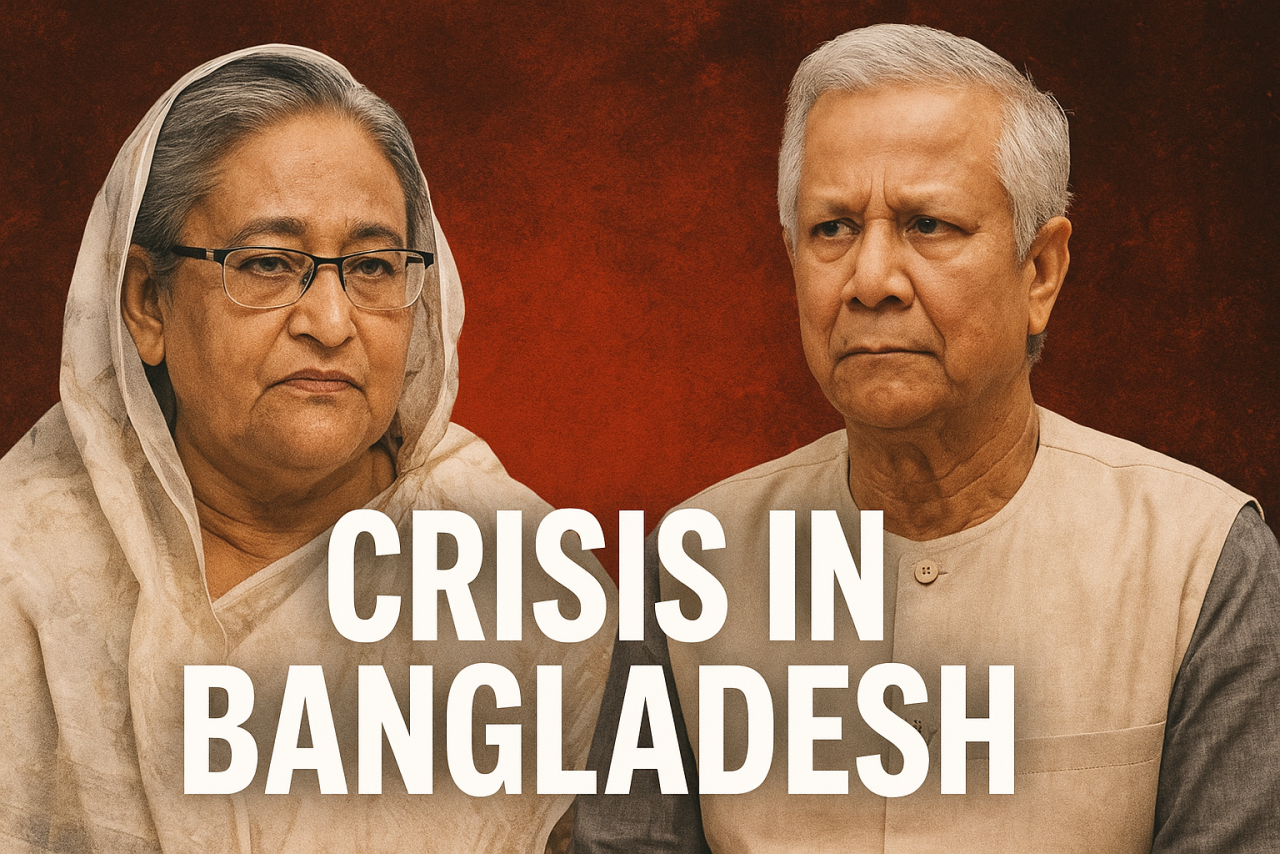
Bangladesh is currently experiencing one of the most volatile and consequential periods in its modern political history, defined by a dramatic shift in power and an intense, multi-front legal and political confrontation between the ousted regime of Sheikh Hasina’s Awami League (AL) and the interim government led by Nobel laureate Dr. Muhammad Yunus. The political landscape, upended by the massive, student-led uprising that toppled the Awami League in August 2024, is now a high-stakes battleground where the rule of law, democratic processes, and historical narratives are being fiercely contested.
The ICC Gambit: A Strategy of Retaliation and Globalisation of Conflict
In a move that underscores the globalised nature of the political conflict, the Awami League, operating from outside the country since Hasina fled to India, has approached the International Criminal Court (ICC). The party’s communication to the ICC prosecutor seeks an investigation into “retaliatory violence” allegedly committed against its officials and supporters since the July 2024 mass movement. The party claims that violent mobs, in the wake of the uprising, have killed 400 AL leaders and activists through beatings and lynchings, with a further 25 having died in custody since July 2024. The party also alleges mass arbitrary detentions, claiming 18,000 arrests in 12 days under an operation targeting what was termed “Awami fascism.”
This ICC filing, handled by a London-based legal firm, is a meticulously timed counter-move. It comes as Sheikh Hasina herself faces a domestic reckoning. Bangladesh’s International Crimes Tribunal (ICT), a war crimes court established by her own government, has concluded proceedings against her on charges of crimes against humanity over the violent crackdown on the student protests in mid-2024. The ICT's verdict is anticipated between November 10 and 15, adding immense pressure to the former prime minister. By lodging a complaint with the ICC over what it terms “retaliatory violence” and accusing the interim government of issuing an “immunity order” to those responsible, the Awami League is effectively attempting to internationalise the entire conflict and discredit the new administration’s legal legitimacy. It forces the caretaker government to respond to international scrutiny while simultaneously deflecting attention from the gravity of the charges Hasina faces domestically.
A Quest for Inclusive Polls Versus a Boycott Threat
The interim government, under the leadership of Dr. Muhammad Yunus, has a stated objective of reforming the political system and paving the way for a “free, fair, inclusive and participatory” general election. However, the path to these inclusive polls is already deeply fractured. The election, originally scheduled for February next year, carries an ominous threat of a full-scale boycott. The former ruling party has already been effectively barred from contesting the polls, a decision that has drawn scrutiny concerning the administration's commitment to true inclusivity.
Sheikh Hasina has explicitly warned that Awami League supporters will boycott the national elections if the ban on the party is not lifted. She also indicated that she will not return to Bangladesh until a “legitimate” government is in power. The major opposition has already boycotted previous polls, rendering the subsequent parliament of limited legitimacy. A continued boycott, even if by a banned Awami League, threatens to further erode the democratic credibility of the next government, regardless of the reforms promised by Dr. Yunus's administration. The caretaker government’s mandate is thus challenged by a political reality where exclusion risks perpetual instability.
The War Over National Identity and Legitimacy
At a deeper level, the current political crisis is a struggle over Bangladesh’s national identity. The Awami League represents a secular-nationalist tradition, a political strand rooted in the country’s independence movement of 1971. The party views its founder, Sheikh Mujibur Rahman, as the sole architect of the nation. In contrast, the current caretaker administration, and the forces that rose against Hasina, appear to be pushing for a revisionist project that seeks to "re-imagine" the country’s history. This effort includes the stated aim of encouraging the erasure of Sheikh Mujib's legacy and rehabilitating outfits that collaborated with Pakistan during the 1971 war, a narrative that profoundly threatens the core secular-nationalist identity championed by the Awami League.
The caretaker government, which rose to power on the back of the student movement, faces the difficult task of managing the country while under constant attack from the deposed regime and simultaneously delivering on its pledge of fundamental institutional reform. Its actions, such as the crackdown on those perceived as "Awami fascists" and the banning of the party, are framed by the former prime minister as attempts to thwart a return to genuinely democratic politics and consolidate power. For his part, Dr. Yunus has maintained that his government's task is one of reform before elections, fearing that a premature poll would simply reproduce the violence and exclusivity of the past.
The clash is therefore not merely one of policy or personality, but a fundamental disagreement over the very foundational principles of the state. Hasina's move to the ICC and her refusal to acknowledge the legitimacy of the caretaker government is an attempt to fight the political war on an international stage, painting the post-uprising state as one of lawlessness and revenge. Conversely, the caretaker government’s pursuit of justice against Hasina for the pre-uprising crackdown is a direct attempt to validate the student revolution and establish the democratic credentials of the new order. The months ahead, leading up to the promised elections, will determine whether Bangladesh moves toward a more inclusive and democratic political future or descends further into a cycle of political vendetta and internationalised conflict.


